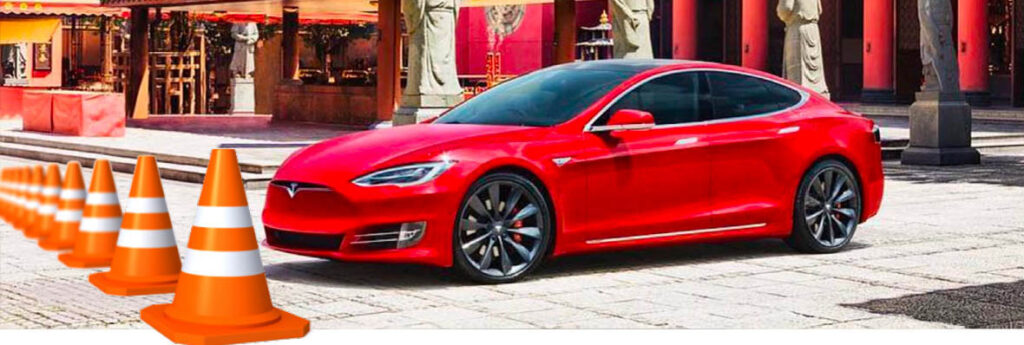A Chinese beach resort east of Beijing that hosts the Communist Party’s summer retreats, and is also famous for its nature and historical sites is set to impose a temporary ban on all Tesla electric vehicles. Beidaihe resort’s proposed Tesla ban will come into force on July 1 ahead of a planned meeting of China’s top government officials there.
The ban will last for at least two months, according to the report, which cited an official as saying the decision concerned “national affairs” and that an announcement would be made soon.
Tesla uses several small cameras, mainly located on the outside of the vehicle, to help guide parking, autopilot and self-driving functions. Most models also have an interior camera mounted above the rear-view mirror.
Reportedly, the Chinese authorities believe that the cameras and sensors on the US-made Tesla vehicles, can be used to collect classified information, which could then be transferred to the US government.
This is not the first time Tesla vehicles have been prohibited from entering areas in China. A similar ban was imposed in early June in Chengdu in southwest China, ahead of a visit to the city by the country’s President Xi Jinping.
In March 2021, the Chinese armed forces prohibited its employees from coming to military bases and housing compounds in Teslas, due to concerns about the cars’ built-in cameras collecting sensitive data.
At that time, Tesla’s Chief Executive Elon Musk strongly denied Chinese allegations of potential espionage by the vehicles.
“If Tesla used cars to carry out espionage activities in China or anywhere, we will get shut down… There’s a strong incentive for us to be confidential,” Musk said.
According to Musk, cameras built into its vehicles are only activated in North America, and all the data Tesla collected in China will be stored in the country.
All of which begs the question, what data are the cars collecting and why?

